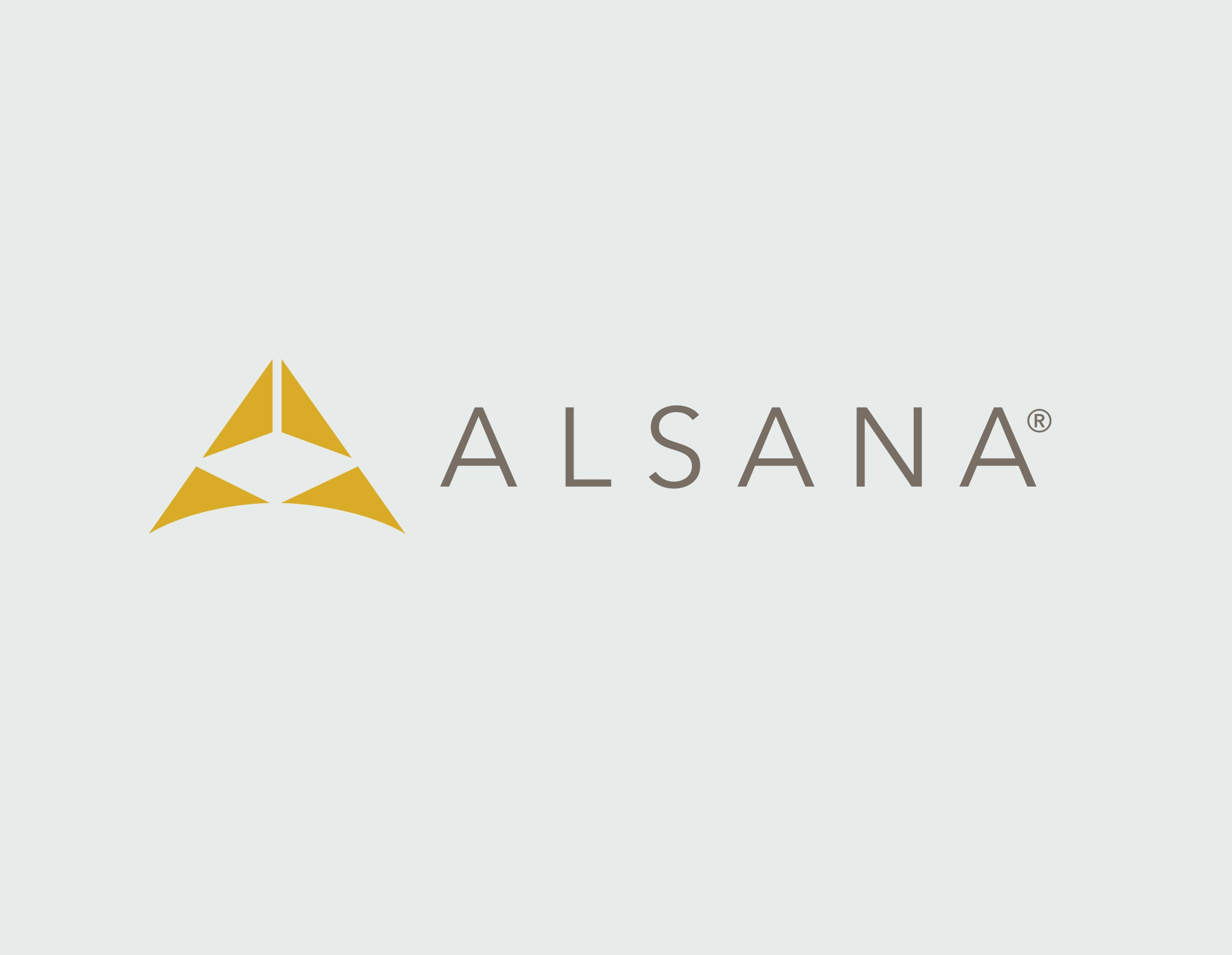Why Are Eating Disorders a Concern in Early Recovery From Addiction?
Did you know that we have a reward pathway in our brain called the mesolimbic dopamine system which detects rewarding stimulus? True story – we all have it and the way you know you have it is it controls your responses to natural rewards, being in love, getting praised or exercising. Without getting too scientific and losing you with a ton of medical jargon, basically, when this pathway is activated, it tells you to repeat whatever reward you just engaged in that triggered the pathway. And not only that, but according to the Icahn School of Medicine at Mount Sinai, this pathway also tells your memory centers in your brain to pay extra attention to any and all features of that particular rewarding experience so that it can be duplicated in the future. Pretty incredible, right?
The reason why all of this is important to understand is that while this pathway tells your brain to repeat healthy, natural rewards, it also does the same for artificial rewards such as the way you feel when you do drugs, drink alcohol or abuse food. That feeling after you shoot up heroin, get drunk on vodka, or emotionally eat, your brain is conditioned to want that feeling over and over again. So if you are in recovery from a drug or alcohol addiction, your brain could be searching for that feeling and you will get the urge to replace it with something else; like an eating disorder. An eating disorder is another type of compulsive behavior that can increase the levels of dopamine in the brain and fills that void now gone after being treated for substance abuse.
This can be known as a replacement addiction and it is very serious. You want to catch the warning signs early so that you can the proper help. Much like a drug or alcohol addiction, eating disorders often involve a pattern of compulsive behaviors and can intensify during a stressful life transition, such as leaving rehab and re-entering the outside world. Without the crutch of drugs or alcohol that the addict used to have in order to cope with stressors, it is possible they can turn to an eating disorder to fill that void. If you or a loved one is possibly using an eating disorder as a replacement addiction, it is important to seek help, or try to fill your time with healthy activities, such as exercise, or picking up a hobby like scrapbooking or hiking.
Just like you were not alone in your drug or alcohol addiction, you are not alone if you feel like you or a loved one has developed an eating disorder as a replacement addiction. Help is always just a phone call away.

JOIN OUR ONLINE SUPPORT GROUP
Weekly meetings
Fridays at noon / PST

VIRTUAL TREATMENT OPTIONS
Meeting each client where they are on their recovery journey. Virtually.
Our Recommended Articles
Start the road to recovery with Alsana.






